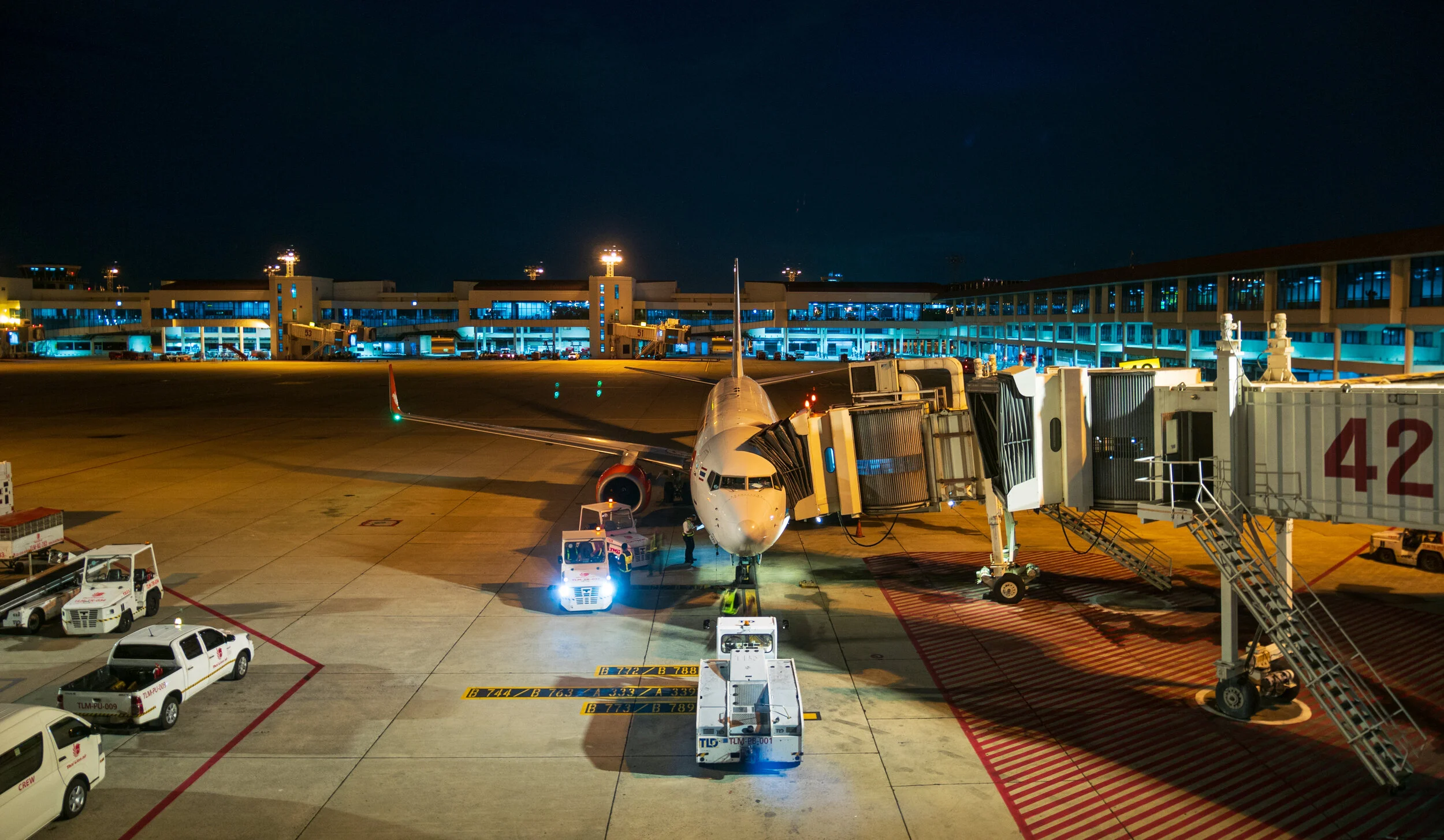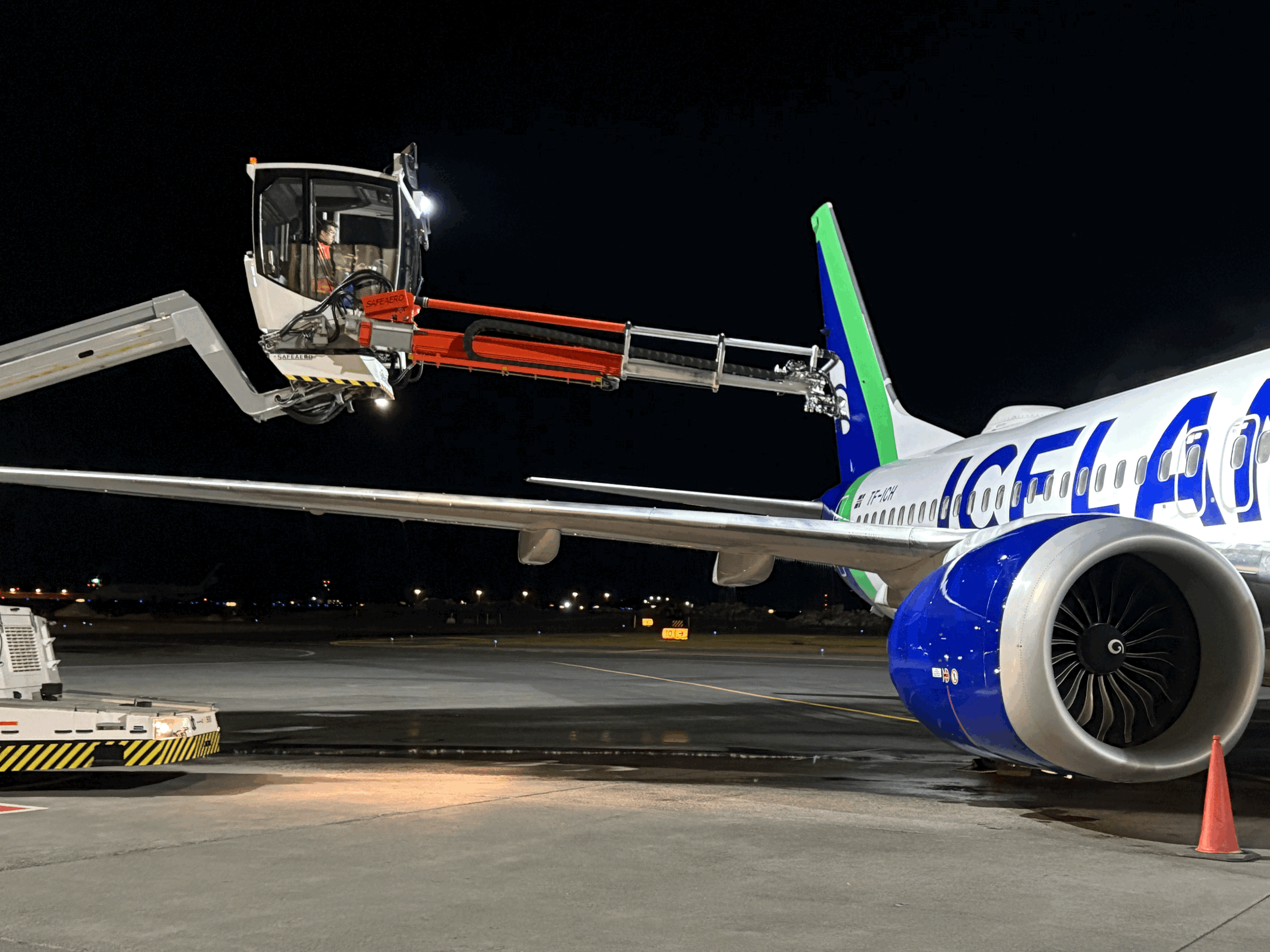Case Study: Strategic Ground Handling Contracting & SLAs for a Global Airline
In this case study, we’re sharing how we helped a major international airline take control of rising costs, simplify their supplier base, and boost performance across key stations. From the first benchmarking exercise to the final rollout of live performance dashboards, here’s how it all came together.
Overview
In today’s competitive aviation landscape, airlines are under constant pressure to reduce costs while enhancing the passenger experience. One leading international carrier turned to Miles Aviation Consultancy for support in overhauling its global ground handling arrangements.
The objective? Reduce operational expenditure, streamline supplier relationships, and drive up service standards.
The Challenge
The airline faced escalating ground handling costs and patchy service levels across its international operations. With a sprawling vendor base and limited synergies between contracts, managing supplier performance was proving difficult.
Key objectives included:
Reducing the number of suppliers for greater manageability and leverage
Enhancing service levels through standardised SLAs and KPIs
Introducing a performance management framework for continuous improvement
Our Approach
Miles Aviation Consultancy applied a structured, five-phase methodology tailored to the client’s operational and commercial objectives:
Market Analysis
We conducted a benchmarking exercise to assess how the airline’s existing ground handling arrangements compared to industry standards. By analysing supplier overlaps across the network, we uncovered areas of potential synergy and forecasted possible cost savings. In parallel, we engaged with new and existing suppliers to assess the competitiveness of the market.
Comprehensive Needs Assessment
A global mapping of the airline’s ground handling requirements was carried out, accompanied by a detailed performance review of incumbent suppliers. This revealed common service issues—such as delays, baggage damage, and inconsistency—and allowed us to prioritise high-cost or underperforming stations for targeted intervention.
Strategic RFP Process
We designed a refreshed ground handling specification and a performance framework that incorporated revised terms and conditions aimed at cost efficiency. A targeted Request for Proposal (RFP) was issued to both current suppliers and new entrants, with a strong focus on KPIs such as on-time performance, baggage handling accuracy, and safety standards.
Supplier Evaluation & Negotiation
Proposals were evaluated using a scoring model that balanced cost, service quality, and vendor reliability. We negotiated volume-based pricing structures to achieve economies of scale and encouraged suppliers to offer value-added services, such as staff training and technology-driven innovations.
Implementation & Monitoring
A phased supplier transition plan ensured minimal disruption to operations. A live performance dashboard was launched to track SLA compliance and service delivery in real time. Regular review meetings were embedded into the vendor management process to drive continuous improvement.
Results
Cost Optimisation
Achieved a 9% reduction in ground handling costs
Reduced supplier base by 75%, enhancing control and visibility
Antipicated Service Improvement
Baggage mishandling incidents reduced
On-time performance at key hubs improved
Overall customer satisfaction increased due to more consistent service delivery
Sustainability & Innovation
Partnered with suppliers using low-emission ground support equipment
Implemented advanced baggage tracking systems for real-time monitoring
Key Takeaways
Strategic Data Use: Benchmarking and data analysis enabled smarter decision-making and more effective cost control.
Supplier Collaboration: Engaging suppliers as long-term partners fostered innovation and embedded accountability.
Performance Monitoring: The introduction of real-time tools ensured proactive issue management and sustained improvements.
Conclusion
This project demonstrates how a structured, data-led approach to ground handling procurement and SLAs can deliver significant commercial benefits without compromising service quality. With the right partners and a clear strategy, it’s possible to achieve both operational excellence and cost efficiency.
Explore how we can help
If your operation is facing similar challenges, or if you’re simply ready to take a more strategic approach to ground handling, our Ground Handling Contracting & SLAs services are designed to deliver measurable results across your network.
Whether you’re looking to consolidate suppliers, tighten up service delivery, or rethink your SLAs, we’re here to help.
👉 Get in touch with us to start the conversation.



















